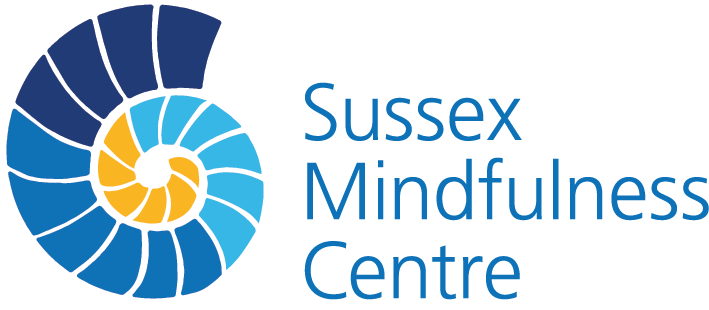Our vision, mission and values
Our vision is a world in which all people can improve their wellbeing and mental health and can live to their full potential.
Mission
Our mission is to help people improve their wellbeing and mental health, particularly those who are under-represented or excluded. We do this through mindfulness and compassion teaching, teacher training, evaluation and research, and by supporting organisations to create more compassionate cultures.
Values
We pursue our mission in ways that are congruent with the principles, values and philosophies that underpin mindfulness and compassion practice, and the NHS.
We acknowledge the effects of the multiple and complex challenges of the times we live in. We seek to offer wise and kind responses to the injustice, discrimination and social and economic inequality that excludes or marginalises communities and individuals. We aim to make everything we do as widely accessible as possible and to fully include diverse communities in the populations we serve.
Our training is based on a foundation of personal mindfulness and compassion practice, theoretical understanding, and an awareness of what has been proven to be effective and safe. Our research enables to us to innovate, create new evidence and continuously improve what we do.
Objectives
To achieve our mission, our objectives are as follows:
- Support the running of high quality, safe and effective mindfulness and compassion courses.
- Provide high quality teacher training programmes that produce safe, effective and inspiring mindfulness and compassion teachers and practitioners working in the NHS and other public sector bodies, the private sector and the community.
- Make our events, teaching, teacher training and research relevant, stimulating and accessible to as broad a range of people as possible, reflecting the diverse communities we serve.
- Responsibly adapt, evaluate and research the potential of mindfulness and compassion courses for people from under-represented and excluded communities, and for those facing specific mental health challenges.
- Explore, evaluate and research ways in which mindfulness and compassion practice can contribute to building workplace cultures in which employees can flourish in line with research evidence and guidance.
- Support participant and service-user involvement in our planning and support decision-making through our Mindfulness Advocates’ Group.
- Generate income that sustains and grows our work so that more people have the potential to benefit from it.

